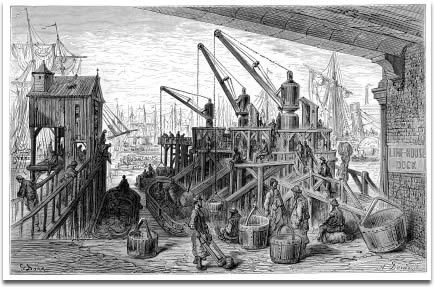- Study in AustraliaAustralian Universities/CollegesPrograms by faculty AusAustralian VisasLife in Australia
- Study In New ZealandNew Zealand UniversitiesPrograms by Faculty NZNew Zealand VisasLife in New Zealand
- Study in CanadaUniversities/Colleges in CANADAPrograms by faculty CanadaCanadian VisasLife in Canada
History
| History of England | |||
| Once the Kingdom of Great Britain was established as such, various innovations in science and engineering meant that it progressed significantly. Various English initiatives and the Scottish Enlightenment played major roles in this development. Eventually, the British Empire became the largest of its kind ever in history.The British Empire drove the Industrial Revolution, which led to a dramatic improvement in the living and economic conditions of the country. Farming, mining, engineering and manufacturing were all affected hugely by this revolution as advanced equipment was used and in demand.
| | ||
| The infrastructure of the land was also improved exponentially as roads, railway tracks and waterways were constructed for transportation of goods and people. In 1761, the Bridgewater Canal was opened. This pioneered the development of a canal system throughout England. 1825 was another prominent year as this was when the Stockton and Darlington Railway was opened. This was the first permanent steam locomotive-hauled passenger railway in the world. The concept of Britain’s strength and fortitude was reinforced by its relative stability throughout the French Revolution as well as its conquering of the Napoleonic forces (during the Napoleonic Wars) by both Lord Nelson (at sea) and the Duke of Wellington (on land). The united forces of Britain, Wales and Scotland felt a sense of invincibility as they remained victorious. Trade within Britain became a prestigious privilege and its navy and military forces were well respected the world over. | |||
 | |||
For more information, please contact one of our offices
Study in Australia | Study in the UK | Study in Malaysia | Study in Canada | Study in the USA | Study in New Zealand














